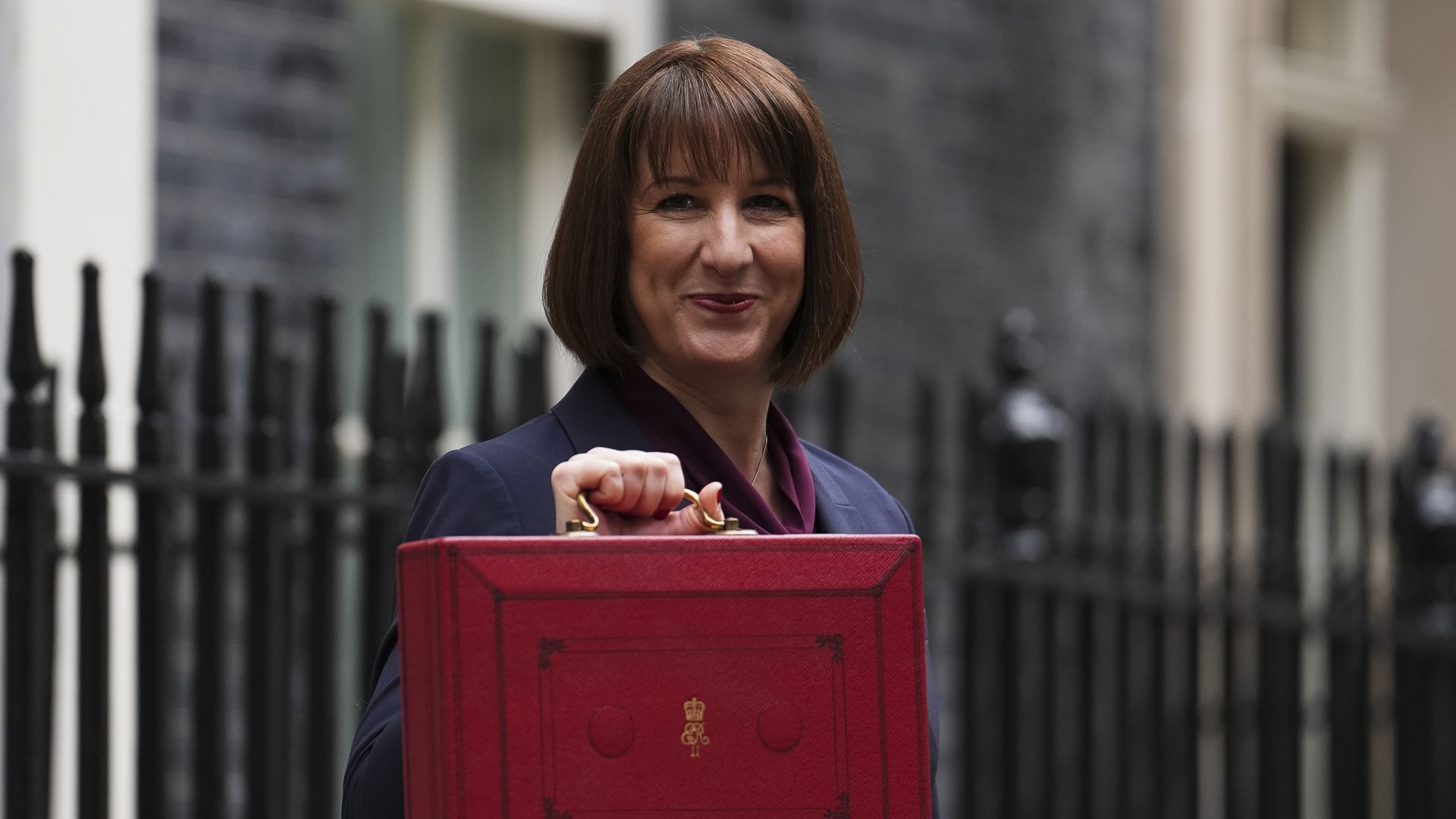
The BDN Editorial Board operates independently from the newsroom, and does not set policies or contribute to reporting or editing articles elsewhere in the newspaper or on bangordailynews.com.
Work to improve the state’s system to provide legal counsel for low-income Mainers suffered a potential setback last month when a judge rejected a plan that sought to suspend litigation in favor of improvements to the failing system.
The proposed settlement was inadequate because it did not provide a means for ensuring more lawyers were available for these cases, Justice Michaela Murphy said in rejecting it. Without an enforceable requirement that more lawyers be made available, defendants’ rights could still be violated if she accepted the settlement.
Instead, Murphy is allowing a lawsuit by the ACLU of Maine that alleges the huge backlog of cases because of a lack of trial lawyers for low-income clients violates these clients constitutional rights to go forward.
Having the underlying constitutional question answered is important. However, in the meantime, low-income Mainers still need and deserve representation now. While the state continues to slowly move to a system of public defenders, it cannot ignore its obligations to make the Maine Commission on Indigent Legal Services more functional.
The commission provides lawyers to low-income people who cannot afford to hire a private lawyer. But the number of cases without legal representation has skyrocketed since October, when there were around 73 such cases. As of Feb. 27, there were 393 people and 500 cases without lawyers across the state, and around 100 of those people were held in jail, according to reporting by the Bangor Daily News.
This has resulted in an arrangement that can deprive defendants of their rights to a speedy and fair trial, while also potentially disrupting their lives, jobs and relationships with family members. The system also costs taxpayers increasing sums to keep people in jail for extended periods of time while they await court dates. It is also unfair to victims and their families who deserve quicker results from the criminal justice system.
The situation is so bad that the state’s chief justice, Valerie Stanfill, in August wrote a letter to the state’s largest law firms asking them to help.
“As I am sure all of you know, Maine is facing a crisis with respect to the availability of constitutionally required counsel in both criminal and child protective cases,” Stanfill wrote. Although the Legislature nearly doubled the pay for lawyers to accept appointments through the Maine Commission on Indigent Legal Services, “the crisis is worsening,” the chief justice said in the Aug. 24 letter.
Despite increases in funding proposed by Gov. Janet Mills and approved by lawmakers, the commission continues to struggle to find the lawyers needed to take on these cases. Even with significant increases in the hourly rate paid to these lawyers, their ranks are too small.
At the same time, Maine has been building a public defender system, but the new system remains underfunded and has already had staff turnover.
In her supplemental budget proposal, the governor proposes that the commission use funding that it has not yet spent on hiring 10 new public defenders. This would bring the total to 25 public defenders for the state.
Despite ongoing shortfalls in legal representation, lawmakers are considering a bill aimed at ensuring that defendants have the “speedy trial” guaranteed by the Constitution. LD 1771 would set timetables for the different phases of court proceedings. If these timetables are not met, a case would be dismissed, under the bill.
Defining a “speedy trial” makes sense, but when Maine’s courts already have large backlogs and there is a chronic shortage of lawyers needed to represent low-income clients, it is a stretch to think the state could meet these kinds of deadlines without significant new investments.










